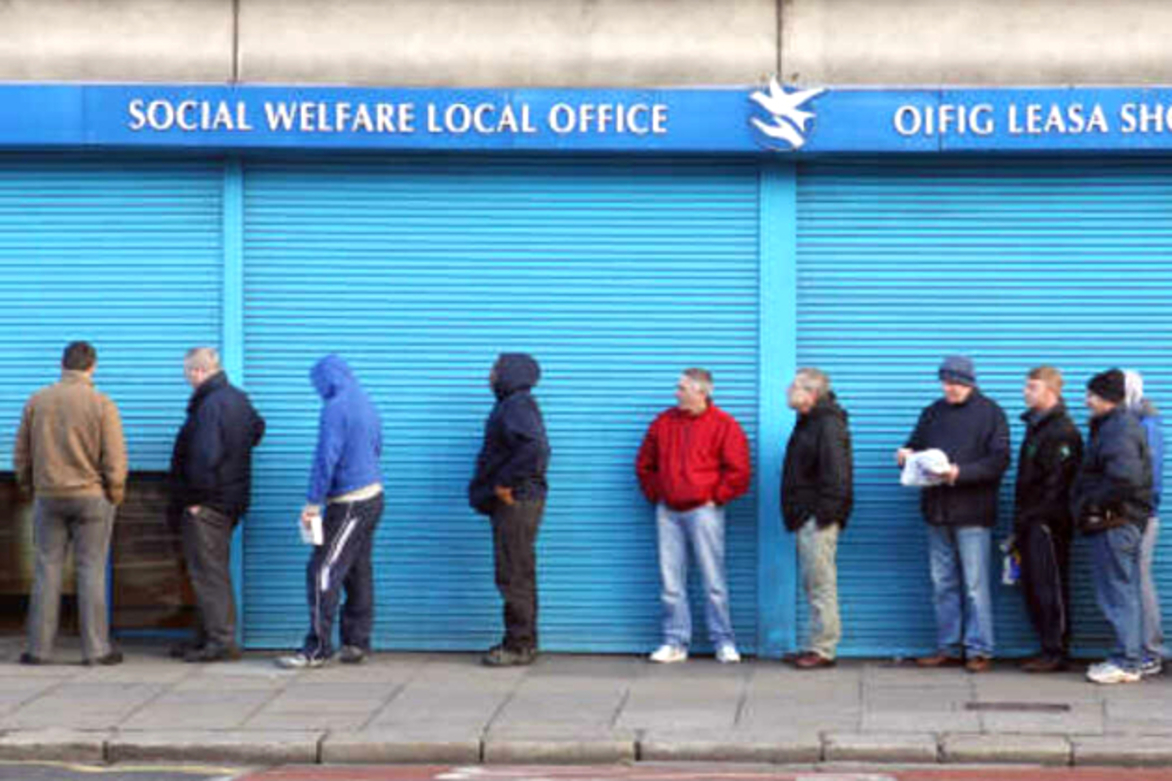Post-pandemic crackdown: Jobseekers in Ireland face reduced payments
Robert Besser
25 Mar 2025

DUBLIN, Ireland: In 2024, thousands of jobseekers saw their welfare payments reduced for not fully engaging with employment support services as the government reintroduced stricter measures to encourage people back into the workforce post-pandemic.
New figures from the Department of Social Protection show that 10,232 people had their social welfare payments cut last year, nearly double the 5,235 recorded in 2023. The rise follows the gradual reintroduction of penalties that were suspended during the Covid-19 crisis.
The reductions apply when individuals fail to engage with employment activation programs such as Intreo. Some counties saw significantly higher numbers of sanctions, including Waterford (658), Limerick (649), Cork (556), and Wexford (502). Dublin, as the most populated county, had the highest number overall, with 3,356.
Minister for Social Protection Dara Calleary defended the approach, saying: "Entitlement to a jobseeker payment is dependent on the recipient being available for, capable of, and genuinely seeking work."
He added: "This reflects the concept of ‘rights and responsibilities' whereby people who are unemployed have the right to an income support from the State… but also have a responsibility to seek employment and to engage with the employment services offered by the State."
The system of reduced payments for non-cooperation was first introduced in 2011 and has now been reactivated under the government's Pathways to Work program. According to the Department, the reduced rate is a "final step" when job seekers do not engage, and it is lifted once they resume cooperation.
Calleary noted: "Whether a reduced rate applies and the duration of its application is totally within the control of the claimant."
Social Democrats TD Aidan Farrelly, who requested the figures, said the rise could be linked to the department scaling up enforcement post-Covid. "It is important to remember that this could be due to the department still scaling up its use of this mechanism post-pandemic," he said.
Farrelly added that while sanctions are a last resort, they can be avoided: "Persons can work with employment services to avoid this occurrence."
The counties with the fewest sanctions were Carlow (31), Sligo (32), and Roscommon (35).
The Department said it could not provide detailed reasons for individual reductions but pointed to a wide range of supports available, including training, upskilling, and community employment schemes.
